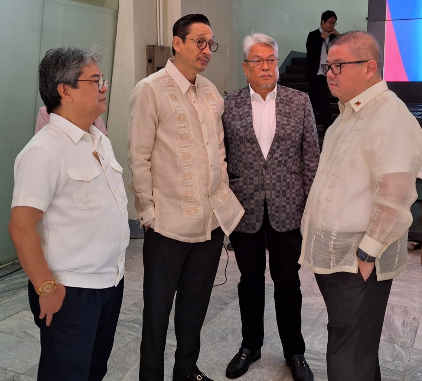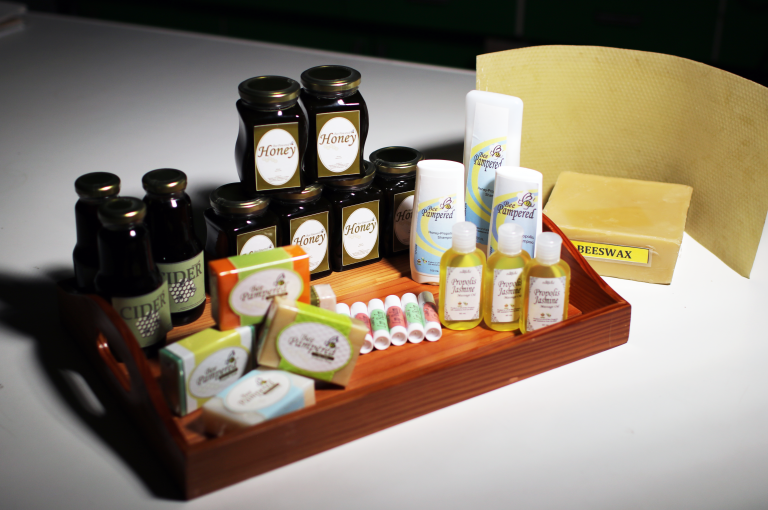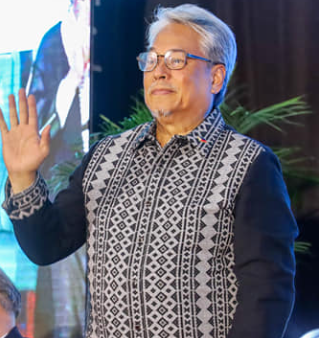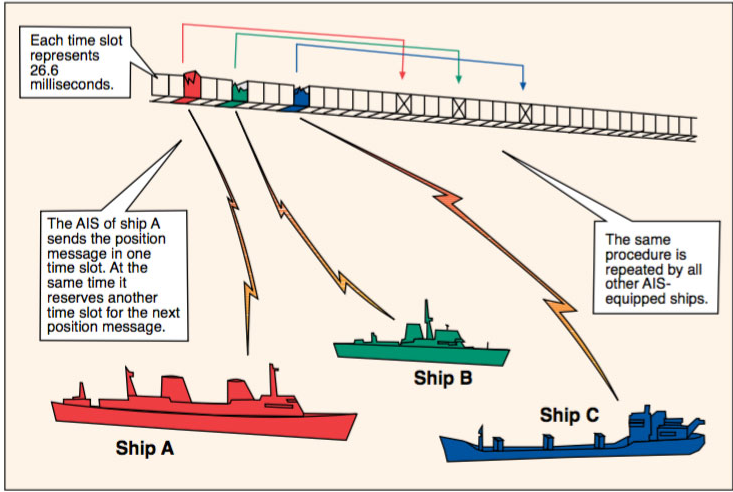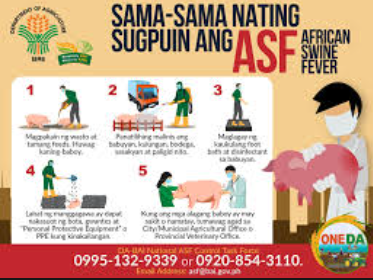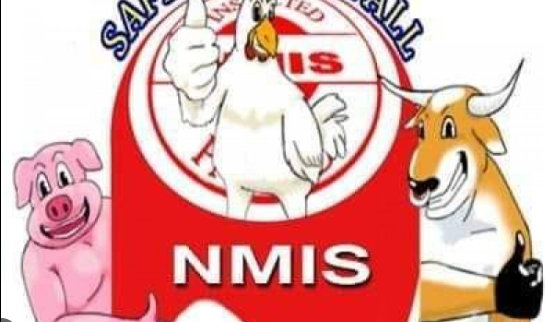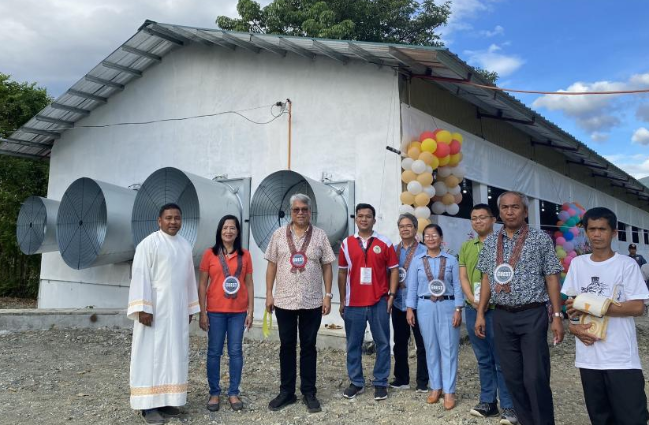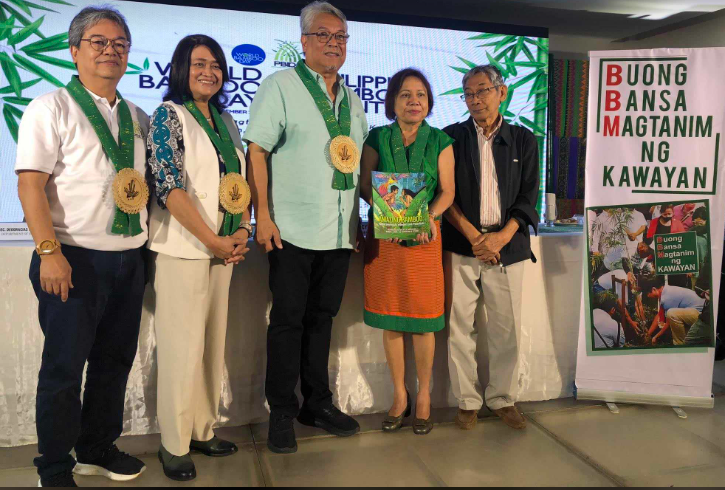November 21, 2023
Philippines’s meat importation declined heftily in October this year to 95.979 million kilos, down by 18.9% in light of the Department of Agriculture’s (DA) aggressive fight against illegal trade along with a rigorous program for increased local production.
DA-Bureau of Animal Industry (BAI) also reported lower cumulative meat imports from January to October this year to 1.019 billion kilos, down by 9.7% from 1.128 billion kilos in the same period last year.
DA Undersecretary Deogracias Victor B. Savellano attributed the sustained downtrend in meat importation to the government’s thrust to raise local production. DA has also been collaborating with different government agencies in fighting illegal trade as this is the same marching order received by DA Secretary Francisco Tiu Laurel from President Ferdinand R. Marcos.
“Our mandate is to eliminate illegal meat importation, smuggling, hoarding, price manipulation, and anything that distorts prices in the market,” said Savellano. “We will raise production by five times (in five years). With enough volume we hope to make food affordable for Fiipinos. We want producers, especially small scale farmers, to make money.”
For beef, importation dropped 22.1% to 13.963 million kilos in October. Buffalo meat importation reached only 1.987 million kilos, down by 42.5% from 4.676 million kilos in the same period last year.
Pork which takes up the biggest share among meat import decreased by 26.35% to 45.604 million this ear from 61.927 million kilos in October 2022.
However, chicken importation in October this year rose slightly by 1.28% to 34.252 million kilos from 33.817 million kilos last year.
In the aim to raise local production, an immediate program of DA is to control infestation of African swine flu (ASF) and avian influenza (AI) while awaiting approval for vaccine commercialization.
“There are problems in the availability of vaccines for ASF and AI that are now being solved so that we can protect the population of hogs and chicken. We will also intensify research on vaccines so we can improve their availability,” said Savellano.
DA is raising its target on the use of artificial insemination in order to raise genetic quality of animals.
“We are raising our target on the use of artificial insemination by 50% from the previous 30%. We are improving availability of high quality semen to farmers under our breeding program in order to raise our animal and meat production,” he said.
DA is also embarking on long term programs to raise local animal and meat production. Investment are being done in infrastructure development including farm-to-market roads and transportation networks, cold storage facilities, and meat processing plants that can help reduce post harvest losses.
Food safety standards such as Good Agricultural Practice, Good Manufacturing Practice, and Hazard Anaysis Critical Control Point are being complied with.
DA will explore development of high-value meat products that have untapped markets. It will expand sources of meat importation that can offer good quality meat and competitive prices while curbing smuggling and illegal trade.
It is now setting up a Central Information Technology hub as part of a program to register all legitimate livestock farmers under a National Livestock Library. This will legitimatize contributors and beneficiaries of government’s livestock program.
PHOTO (L-R) Philippine Bamboo Industry Devt. Council Executive Director Rene Madarang, Deputy Speaker Antonio ‘Tonypet’ T. Albano of the 1st District of Isabela, DA Usec Deogracias Victor Savellano, and DA Secretary Francisco Tiu Laurel Jr. await flag ceremony at DA.

